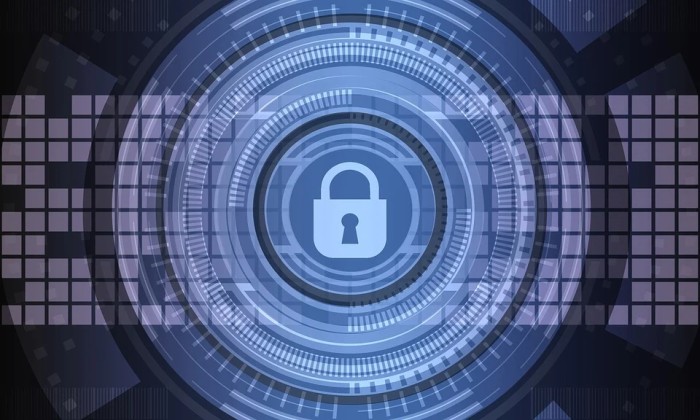
Gone are the days when technological solutions were only limited to a few domains of the society. Now, latest technological innovations have taken over all modern-day businesses. And technologies like AI, data science, VR, cloud computing, connected medicine, automated cars etc are the points of discussion all over the world. The importance of data has also increased than ever. That is why, individual customers and business users are more interested in the security of their data than anything else. Recently, another technology issue “Encryption” has emerged and is expected to steal the limelight in the year 2020. What is encryption, what are its nitty gritties and how will it come out in 2020? Let’s have a look below:
What is encryption?
Encryption is the process of data security by the use of muddled data. The purpose is to secure information in a way so that only the expected recipients can interpret it. An encrypted message requires a key or a series of mathematical values — to decode it. This shields the message from being chased by an undesirable outsider or from any third-party. If somebody without the key attempts to hack in and read the message, they won’t be able to break in and will see a lot of apparently arbitrary values. Therefore, the chances to access the original message is nearly impossible and security of data is 100% granted.
Albeit, encryption comes with its pros and cons but in most cases the encryption strategies are uncontroversial. The companies have licenses and warrants for certain users’ data. And users entrust companies regarding legal access to their personal data. Now, if they don’t have the keys, they won’t be able to decrypt and take over the original data.
The undoubted advantages of encryption
Encryption has a lot of advantages when it comes to data protection and network security in business management processes. The encrypted data is designed in a way that can travel over the air without the fear of being interrupted in-between. Encryption strategies help us to protect our personal identities and passwords and Without some type of encryption, it is difficult to implement fundamental online services, e-commerce business owners, email, and the SSL system that checks website pages.
There are some companies such as Facebook pages, Gmail and a few Cloud storage providers – that have user keys and decrypt data when needed after presenting a warrant. But, some organizations such as WhatsApp and iOS devices do not exhibit data. That approach has both privacy and security benefits: since the information isn’t accessible outside of the own device of the users, the applications are shielded against data breaches. Mobile apps also ensure your data privacy of your contents from one device to another.
The flaws of encryption: Encryption malware
With the growth in encryption strategies, there is a problem associated that must be considered and that is “encrypted malware”. Hackers are exploiting companies on their maximum use of encryption. As stated by Techradar:
“A CIO survey by Vanson Bourne found that 90% of organisations had experienced – or expect to experience – a network attack using SSL or TLS encryption during the course of this year, and the 2019 Cyber Security Breaches survey found that spyware or malware attacks were identified by 27% of businesses over the past year.”
So, organizations should take strict measures against this rapidly growing threat to their legitimate encryption methodologies.
Future of encryption
With rapid technological advances, encryption has become a sort of parlance in our everyday life. In this year 2020, encryption will rise in its logical manner – from a business, buyer and policy viewpoint – and will arrive at a crescendo. Here are a couple of examples.
Organizations are venturing up their methodologies to guarantee stability with the 2020 California Consumer Privacy Act (CCPA). CCPA, which produced results Jan. 1, gives California occupants control over their own information. This will incite more conversation about private data security. Furthermore, that will give organizations new impetus to utilize encryption technology.
With respect to customers, they need more control and protection over their data. What’s more, the headway in facial recognition softwares and fingerprint scanners and concerns about voter data protection driving up the U.S. election campaigns elevate the growth of encryption methods.
What’s next?
It is crucial to look into more detail on the issues of encryption malware, which is surely going to extend its roots in 2020. In any case, organizations using encryption on a large scale, should be extremely mindful of solutions.
